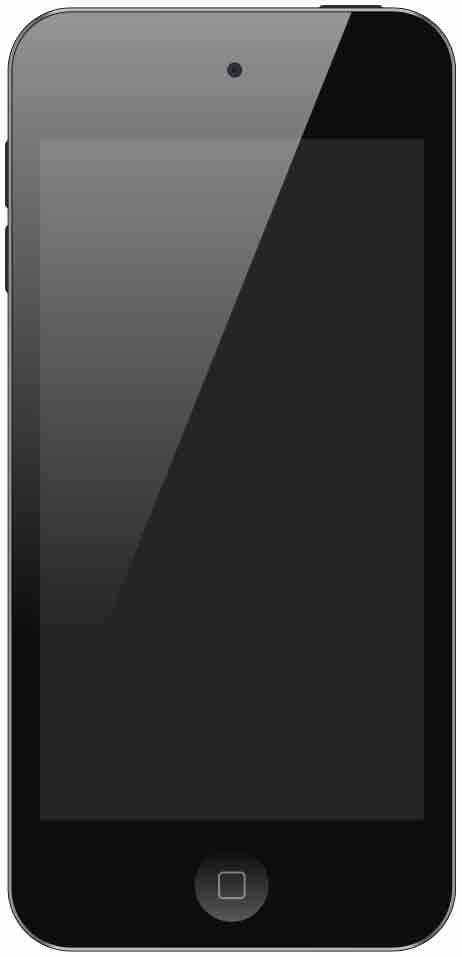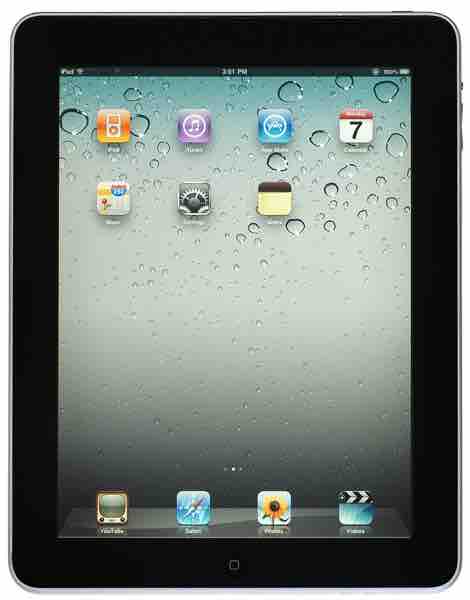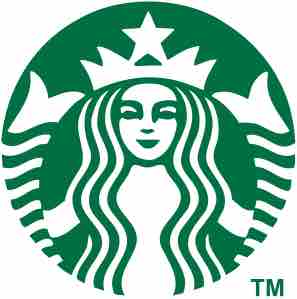A brand is a term, design, or symbol that identifies a commercial product or service as distinct from those of other sellers. A brand name is the part of the brand that can be vocalized. A brand name can also be a name under which a business or company operates. Naming a brand is crucial to its reputation, development, and future success because the primary function of the brand (name and image) is to identify the product or service in a way that it differentiates it from those of other competitors.
Selecting a brand name is one of the most important product decisions a seller will need to make. A brand name reflects the overall product image, positioning and, ideally, its benefits. A successful brand name can enable a product to: be meaningfully advertised and distinguished from competitors, be tracked down by consumers, and be given legal protection. At its best, a brand can provide a carryover effect when customers are able to associate quality products with an established brand name.
For example, Apple has chosen to name all of its mobile products with a lower-case i, as in the case with the iPad and iPod . Another example of a brand name is Starbucks, the coffee company which is globally recognized and chooses to name its coffee sizes in Italian .
Visa Credit Card
Security chips added to Visa credit card provide extra security measures to protect against identity theft.
Tang
Tang is an individual brand that competes with Kraft's other brand (Kool-Aid).
The process of naming a brand is key because it requires a systematic effort that includes generating potential brand names, screening them (oftentimes conducting market research to test their potential among consumers), and ultimately selecting the one that holds the most potential. Brand names are mandatory if the manufacturer or distributor plans to produce mass advertising for their product.
But before this process even begins, a basic branding strategy must be employed where a company or seller must select from among the following three viable options to follow:
- A strict manufacturer's branding policy under which a producer can only manufacture merchandise under his own brand
- An exclusive distributor's brand policy where a producer does not have a brand of his own but agrees to sell his products only to a particular distributor and carry his brand name (typically employed by private brands)
- A mixed brand policy, which allows elements of both extremes (options 1. and 2. ) and leads to the production of manufacturer's as well as distributor's brands

Apple's iPod Touch
iPod Touch is one of Apple's mobile products named with the distinctive "i".

Apple's iPad
iPad is one of Apple's mobile products named with the distinctive "i".

Starbucks company logo
Starbucks is a globally recognized brand.